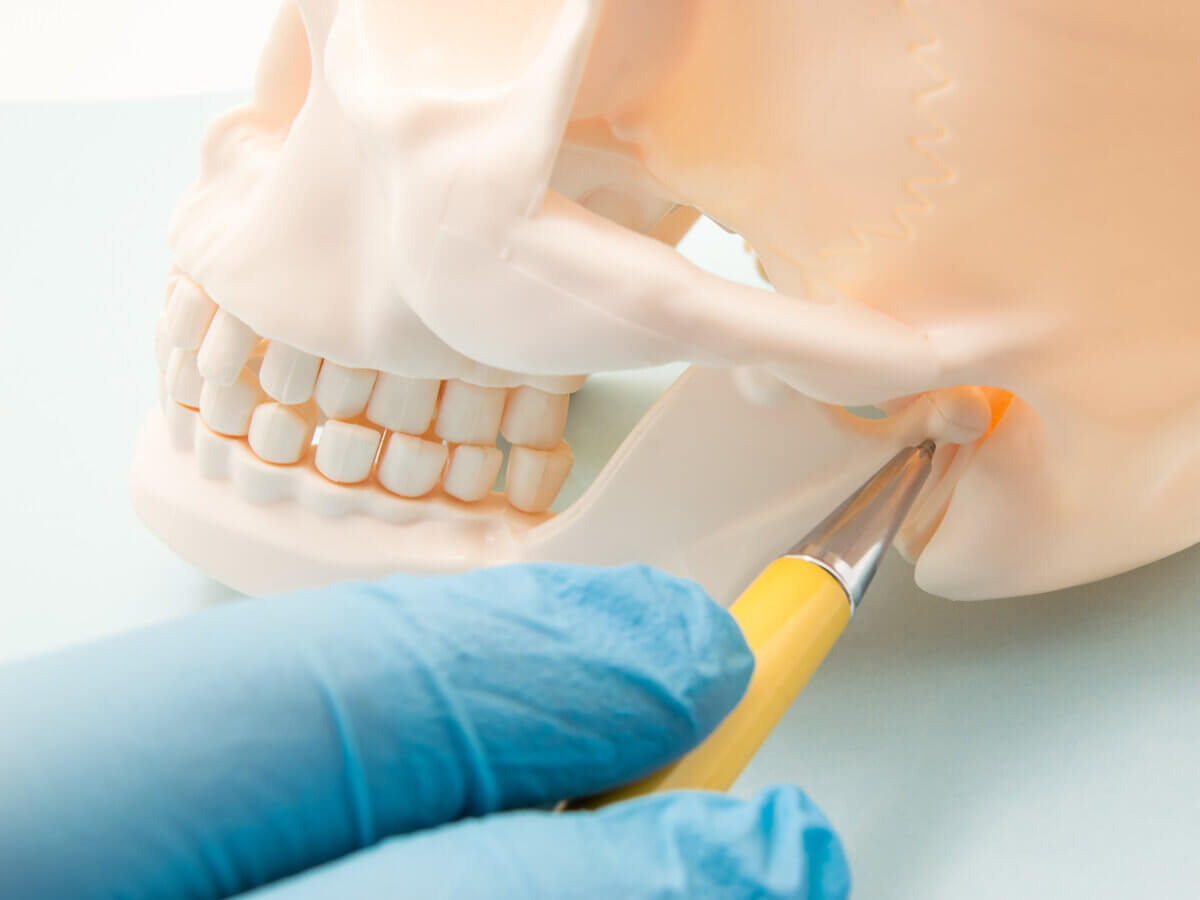Blog
Dental hygiene tips for healthy teeth & gums

What is TMJ and the Possible Causes of TMJ disorders?
Temporomandibular Joint (TMJ) problems affect the jaw joints and surrounding muscle mass and ligaments. It may be a result of trauma, an incorrect bite, arthritis, or put on and tear. Common signs consist of jaw tenderness, headaches, earaches, and facial pain.
What is TMJ?
TMJ stands for temporomandibular joint. Your temporomandibular joints are positioned on each facet of your face, simply in the front of your ears. TMJs join your lower jawbone to your skull and help in moves like chewing and speaking.
What Causes TMD?
Dentists consider signs and symptoms arise from troubles with your jaw’s muscle mass or the components of the joint itself. Injury in your jaw, the joint, or your head and neck muscle mass from a heavy blow can cause TMD. Other reasons include:
- Grinding or clenching your teeth puts a lot of pressure on the joint
- Movement of the tender cushion or disc among the ball and socket of the joint
- Arthritis withinside the joint
- Stress could purpose you to tighten facial and jaw muscle mass or clench the teeth
Signs and signs and symptoms of TMJ issues can also additionally include:
- Tenderness of your jaw
- Pain in a single or each temporomandibular joints
- Aching in and around your ears
- Difficulty chewing or ache even while chewing
- Pain in Facial Area
- Locking of the joint makes it tough to open or near your mouth
TMJ issues also can cause a clicking sound or grating sensation while you open your mouth or chew. But if there`s no ache or quandary of motion related to your jaw clicking, you might not have a TMJ disorder.
How to prevent TMJ?
You may not prevent TMJ from developing, but you can reduce symptoms by reducing stress levels, using exercises and physical therapy, and consulting a good dentist. To avoid teeth grinding, you can use a mouth guard at night and occasionally take a muscle relaxant.
Schedule your appointment with a dentist today and get the treatment on time!


